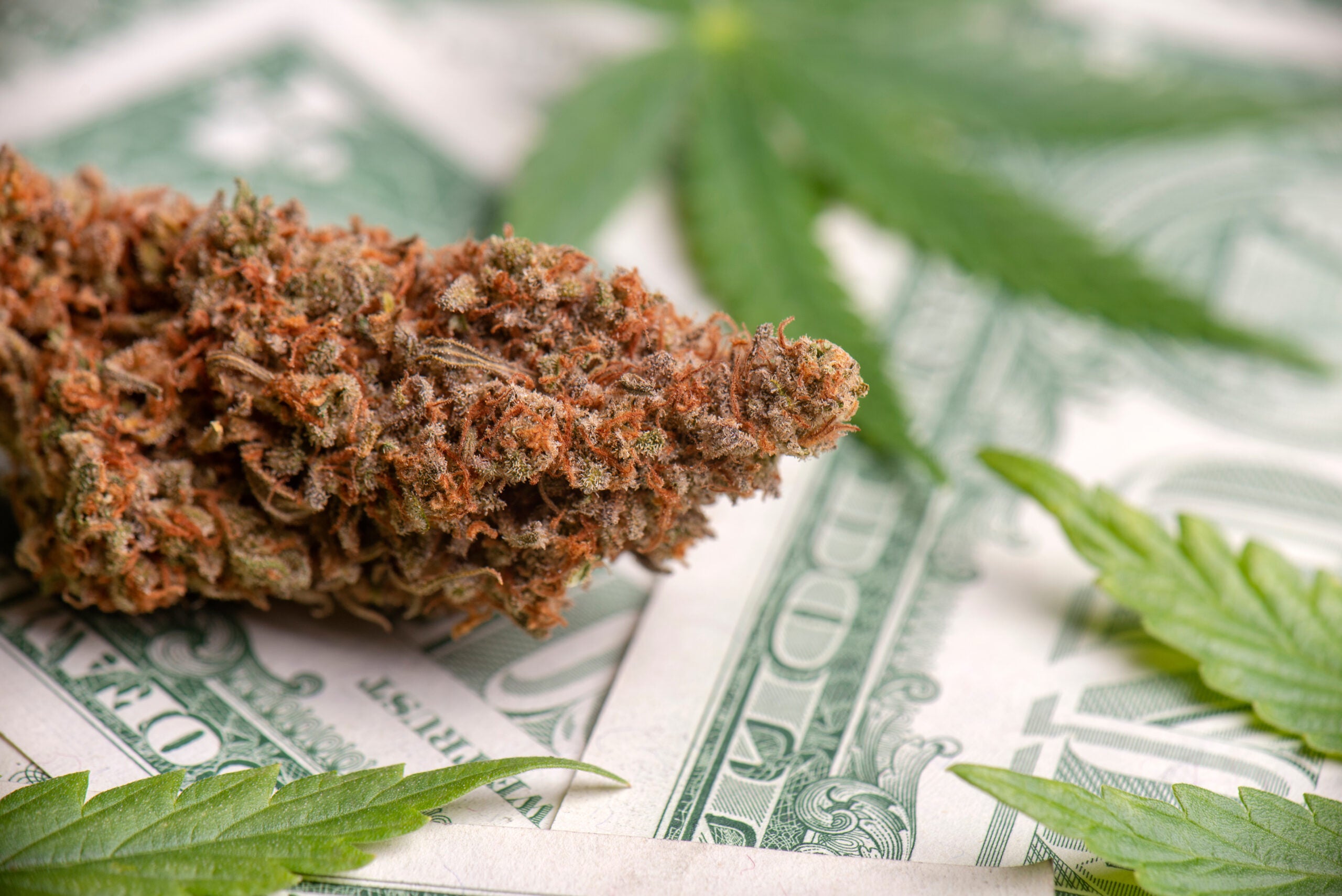New proposed legislation aims to aid the U.S. hemp industry by revising the 2018 Farm Bill.
According to a press release from Maine Representative Chellie Pingree’s office, the Hemp Advancement Act of 2022 is designed “to improve the 2018 Farm Bill’s hemp provisions and provide greater clarity and flexibility to hemp growers and processors.”
The 2018 Farm Bill was a significant milestone for the hemp industry, but it also introduced complicated regulations which created hardships for farmers and small businesses.
Critics of the bill complained of unreasonable THC thresholds for processors and producers, unworkable testing requirements, and a discriminatory policy preventing people with drug convictions from growing hemp.
Some states, like Maine, struggled against the regulations more than others.
Pingree’s bill appears to take a straightforward, commonsense approach to correct the unintended problems and can make the hemp industry more equitable and profitable.
“My bill also provides a clear path forward for this industry and will support a thriving hemp economy,” Pingree said in a public statement.
According to the press release, the legislation proposes to raise the allowable THC threshold for hemp and in-process hemp extract.
Increasing THC allowances simplifies the rules for growers and processors while ensuring that consumer-based hemp products aren’t intoxicating.
The bill would remove the requirement for hemp testing labs to be DEA-registered. There are currently no DEA-registered facilities in Maine, which made testing difficult and expensive.
Finally, the bill would remove the 10-year ban on those with drug-related felony convictions from receiving a hemp license. This rule disproportionately excluded communities of color from participating in this lucrative and burgeoning market.
The hope and expectation are that the reform of the original Farm Bill will allow Maine’s cannabis industry to gain a more substantial economic foothold.
The press release also states that more than 2,000 acres of hemp were planted in the state in 2019, but only 111 farmers received licenses to cultivate 211 acres of hemp in 2020.
According to a 2021 Portland Press Herald report, Maine only licensed 49 farmers, who planted 67 total acres of hemp.
Maine cannabis farmers struggled with the regulations causing concerns that the state would have a shortfall of license fee revenue – about $650 per farmer – to subsidize the $135,000 annual costs to run the hemp program.
“We’d love to help this crop take off and help our farmers diversify, but it hasn’t worked out like that,” said Gary Fish, state horticulturist at the Maine Department of Agriculture. “A lot of our big guys, the investors, they’ve left the market.”
The Hemp Advancement Act has support from the following organizations:
U.S. Hemp Roundtable
American Herbal Products Association
Americans for Safe Access
Association of Western Hemp Professionals
Friends of Hemp
Hemp Alliance of Tennessee
Hemp Industries Association
iHemp Michigan
Realm of Caring Foundation, Inc.
U.S. Hemp Authority
U.S. Hemp Building Association
Veterinary Cannabis Society
Virginia Hemp Coalition
Wisconsin Hemp Alliance
Pingree is a longtime advocate for the U.S. hemp industry.
Earlier this year, she helped reintroduce the bipartisan Hemp and Hemp-Derived CBD Consumer Protection and Market Stabilization Act. The congresswoman’s bill would provide a regulatory framework for the legal sale of hemp-derived CBD as a dietary supplement.
Pingree also led a 2019 bipartisan effort to urge the U.S. Food and Drug Administration (USDA) to provide a regulatory pathway for hemp-derived CBD as a food ingredient.












Leave a comment
All comments are moderated before being published.
This site is protected by reCAPTCHA and the Google Privacy Policy and Terms of Service apply.